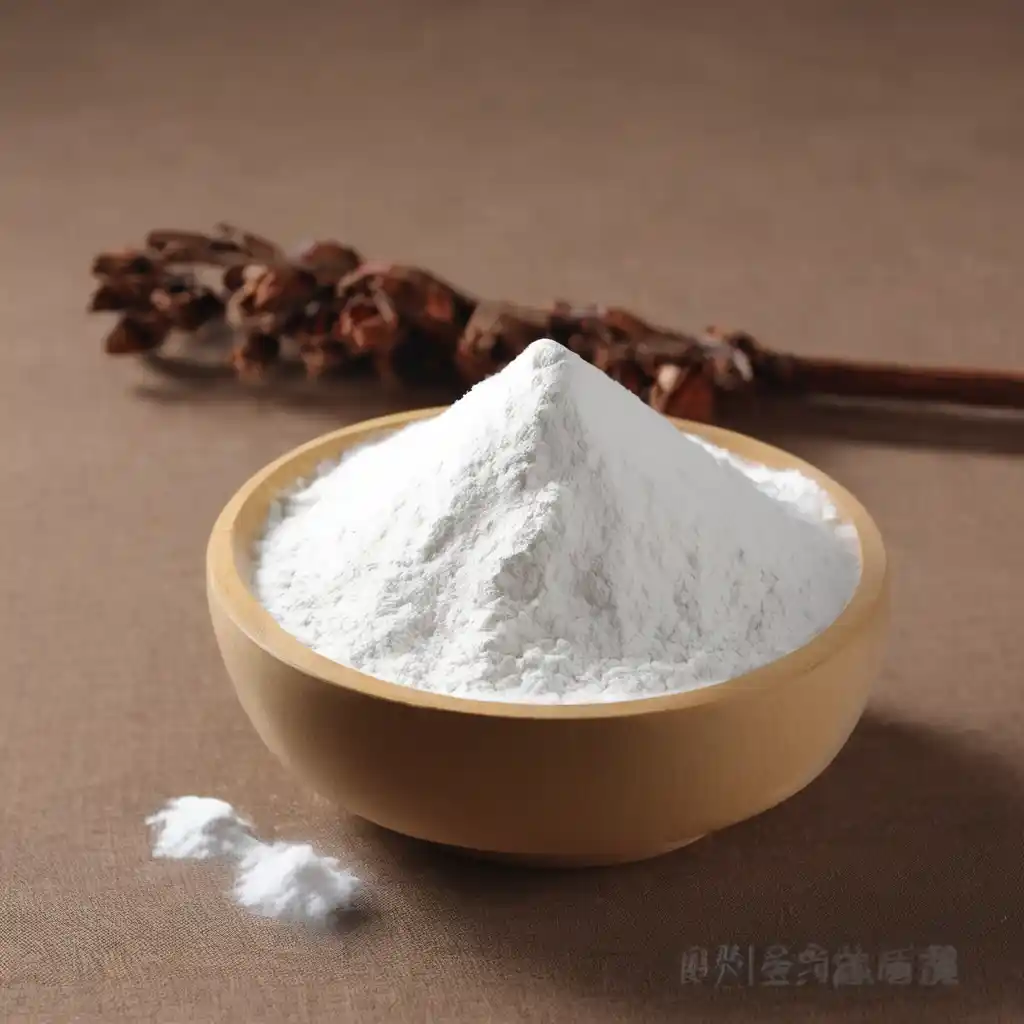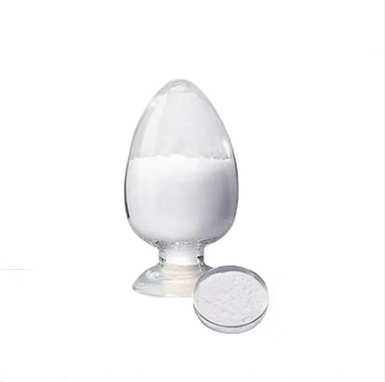Xanthan Gum is a polysaccharide. It is developed when a bacterium called Xanthomonas ferments glucose, sucrose, and lactose into a thick, gooey, mass. After a while the alcohol content of the mass exceeds the tolerable level for the bacterium and it dies.
It is used instead of gelatine in some places (in others it's agar agar) where kosher or halal preparations are needed. It's also used in gluten free products (essentially upping the calories in such products, thankfully Xanthan Gum is a dietary fiber, not a sugar) and in some medicines for patients with difficulty swallowing.
Xanthan gum is a polysaccharide produced by the bacterium Xanthomonas camestris, and commonly used as a food additive, especially in gluten-free products. We can't digest it, but some of the bacteria in our gut can. When we eat large amounts of xanthan, those bacteria increase dramatically, especially since xanthan also slows gastric emptying, giving them plenty of time to break it down. Xanthan gum also decreases absorption of sugar in the intestine, providing more food for firmicute bacteria that are associated with weight gain. That being said, small amounts of xanthan within a diverse and balanced diet shouldn't have a big impact on your microbiome.







